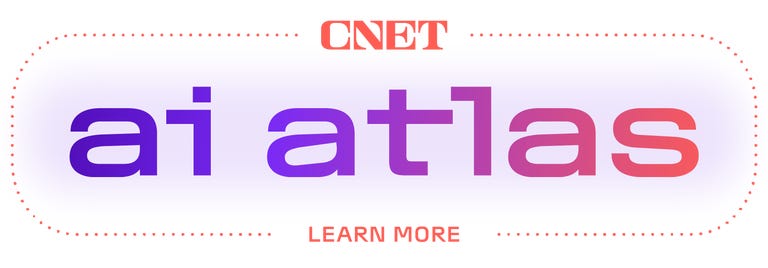Meta AI, launched just a year ago, now has over 500 million active users, showcasing Meta’s commitment to enhancing artificial intelligence. CEO Mark Zuckerberg highlighted its potential to become the top AI assistant globally by year-end. CFO Susan Li emphasized their aim to dominate the consumer AI Market, despite anticipated increases in capital spending for infrastructure. Meanwhile, Meta’s investment in AI tools is boosting user engagement, as seen with significant growth in time spent on Facebook and Instagram. The upcoming Llama 4 release promises further advancements in Meta’s open-source AI capabilities, positioning the company at the forefront of the rapidly evolving AI landscape.
Meta AI Hits 500 Million Users: Aiming for AI Assistant Dominance
Meta’s AI virtual assistant has reached an impressive milestone, boasting over 500 million active users just a year post-launch. During a recent earnings call, CEO Mark Zuckerberg emphasized that this rapid growth underscores Meta’s commitment to advancing artificial intelligence (AI) and enhancing its AI tools.
Meta’s Chief Financial Officer, Susan Li, noted, “Meta AI is still early in its journey, but it is on track to become the most used AI assistant globally by the end of the year.” This ambition aligns with Meta’s goal to establish itself as a leader in the consumer AI sector.
Zuckerberg acknowledged the need for substantial infrastructure investments as the company elevates its AI capabilities, remarking, “We haven’t decided on a final budget yet, but we expect significant investments in this area.” Despite a recent slowdown in quarterly sales growth, which increased by just 19 percent, Meta maintains its strategy of integrating AI into popular platforms like Facebook, Instagram, and WhatsApp.
The company is also excited about its Llama open-source AI model, with plans to launch Llama 4 early next year. Zuckerberg expressed optimism about the future, stating, “I’m focused on making sure we build some awesome things and capitalize on upcoming opportunities.”
As Meta continues to innovate in AI, its user engagement is increasing, with an 8% rise in time spent on Facebook and 6% on Instagram this year. The platform is working hard to refine the user experience, making interactions more personalized and engaging.
For users relying on emerging AI technologies, the competitive race between Meta, Google, Amazon, and Apple’s AI tools appears intense, promising to deliver valuable advancements in the coming years.
Read more to explore what makes Meta AI unique and how it aims to reshape user experiences across its platforms.
Tags: Meta AI, Mark Zuckerberg, AI Assistant, Technology News, Consumer AI, Llama Model, Social Media Trends, User Engagement
What is Meta AI?
Meta AI is a technology created by Meta that uses artificial intelligence to understand and respond to people in a smart way.
How many users does Meta AI have?
Meta AI has gained 500 million users in its first year, which is a huge number.
Why is Meta AI so popular?
Meta AI is popular because it provides helpful and engaging conversations, making it useful for many people.
What can I do with Meta AI?
You can ask Meta AI questions, get information, or even have fun chats. It’s designed to help you with various topics.
Will Meta AI continue to grow?
Yes, Meta AI is expected to keep growing as more people discover its features and benefits.






